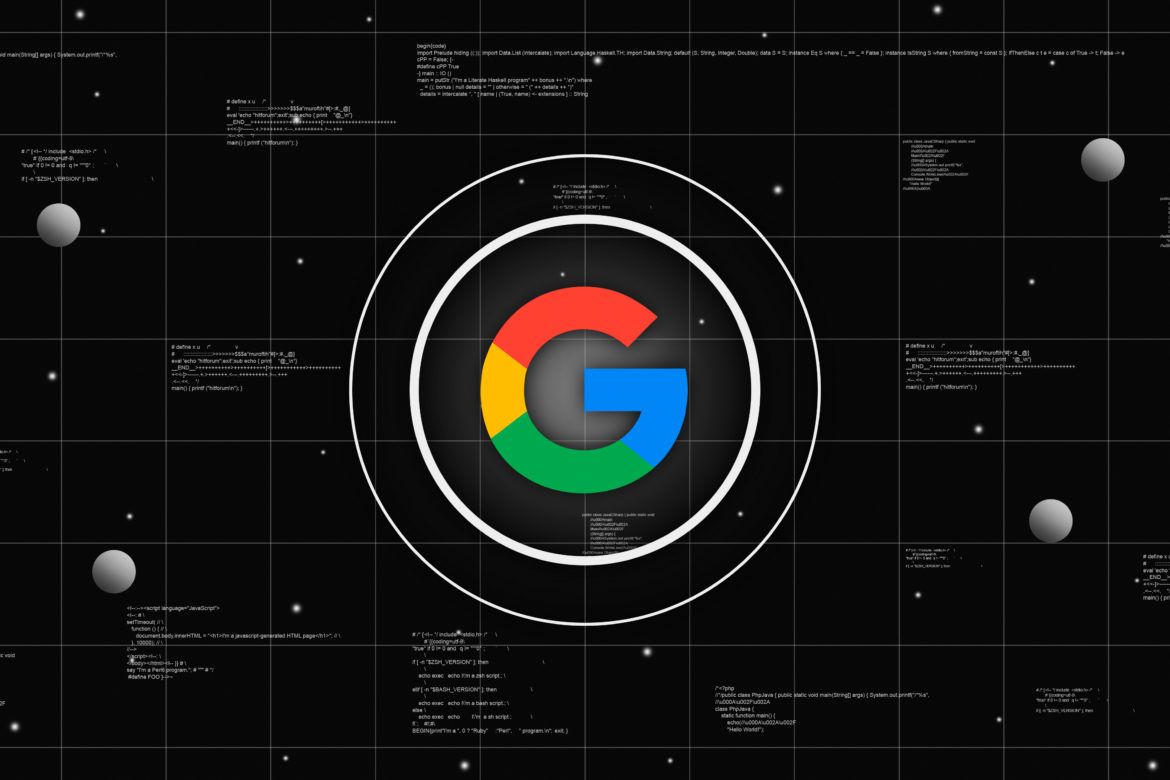|
Getting your Trinity Audio player ready...
|
TL;DR: Starting today, Google has begun rolling out a series of improvements to Search to make it easier to find helpful content “made by, and for, people”, part of a broad continuing effort to bring more authentic info into Google Search.
Google has just released the “helpful content update” to better ensure users see more original, useful content written by people, for people, rather than content made primarily for search engine traffic.
“We know people don’t find content helpful if it seems like it was designed to attract clicks rather than inform readers,” Danny Sullivan, Google’s Public Liaison for Search, noted on The Keyword. “We’re rolling out a series of improvements to Search to make it easier for people to find helpful content made by, and for, people.”
With this update, you’ll see more results with unique, authentic information, so you’re more likely to read something you haven’t seen before.
Danny Sullivan, Google’s Public Liaison for Search
How will the “helpful content update” affect publishers?
According to the search giant, the “helpful content update” tackles content that seems to have been primarily created for ranking well in search engines rather than to help or inform people.
This ranking update introduces a new site-wide signal that automatically identifies content that seems to have little value, low-added value or is otherwise not particularly helpful to those doing searches.
This will ensure that unoriginal, low-quality content doesn’t rank highly in Search, and it will especially improve results related to online education, as well as arts and entertainment, shopping and tech-related content.
The update will affect not just individual pages, but the entire site.
Next steps for publishers
According to Google, there are two primary considerations for publishers:
- Focus on people-first content
- Avoid creating content for search engines first
The “helpful content update” aims to better reward content where visitors feel they’ve had a satisfying experience, while content that doesn’t meet a visitor’s expectations won’t perform as well.
To ensure you’re creating content that will be successful with the new update, the company is advising creators to follow their long-standing advice and guidelines to create content for people, not for search engines.
People-first content creators focus first on creating satisfying content, while also utilizing SEO best practices to bring searchers additional value.
Chris Nelson, Search Quality at Google
The advice about having a people-first approach does not invalidate following SEO best practices, such as those covered in Google’s own SEO guide. SEO is a helpful activity when it’s applied to people-first content. However, content created primarily for search engine traffic is strongly correlated with content that searchers find unsatisfying.
For the best success, Chris advises, be sure you’ve removed unhelpful content and are also following Google’s guidelines.
How long will it take for a site to do better, if it removes unhelpful content?
Google answers:
Sites identified by this update may find the signal applied to them over a period of months. Our classifier for this update runs continuously, allowing it to monitor newly-launched sites and existing ones. As it determines that the unhelpful content has not returned in the long-term, the classification will no longer apply.
This classifier process is entirely automated, using a machine-learning model. It is not a manual action nor a spam action. Instead, it’s just a new signal and one of many signals Google evaluates to rank content.
This means that some people-first content on sites classified as having unhelpful content could still rank well, if there are other signals identifying that people-first content as helpful and relevant to a query. The signal is also weighted; sites with lots of unhelpful content may notice a stronger effect.
The rollout, which began today, could take up to two weeks to complete. This update impacts English searches globally to begin with, and the company plans to expand to other languages in the future.



